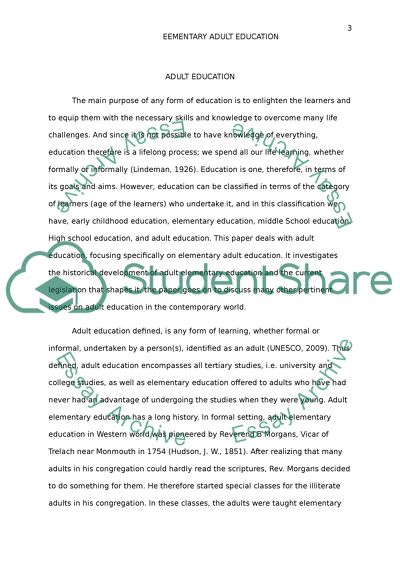Cite this document
(“Special Education Essay Example | Topics and Well Written Essays - 1500 words”, n.d.)
Retrieved from https://studentshare.org/education/1470774-special-education
Retrieved from https://studentshare.org/education/1470774-special-education
(Special Education Essay Example | Topics and Well Written Essays - 1500 Words)
https://studentshare.org/education/1470774-special-education.
https://studentshare.org/education/1470774-special-education.
“Special Education Essay Example | Topics and Well Written Essays - 1500 Words”, n.d. https://studentshare.org/education/1470774-special-education.


